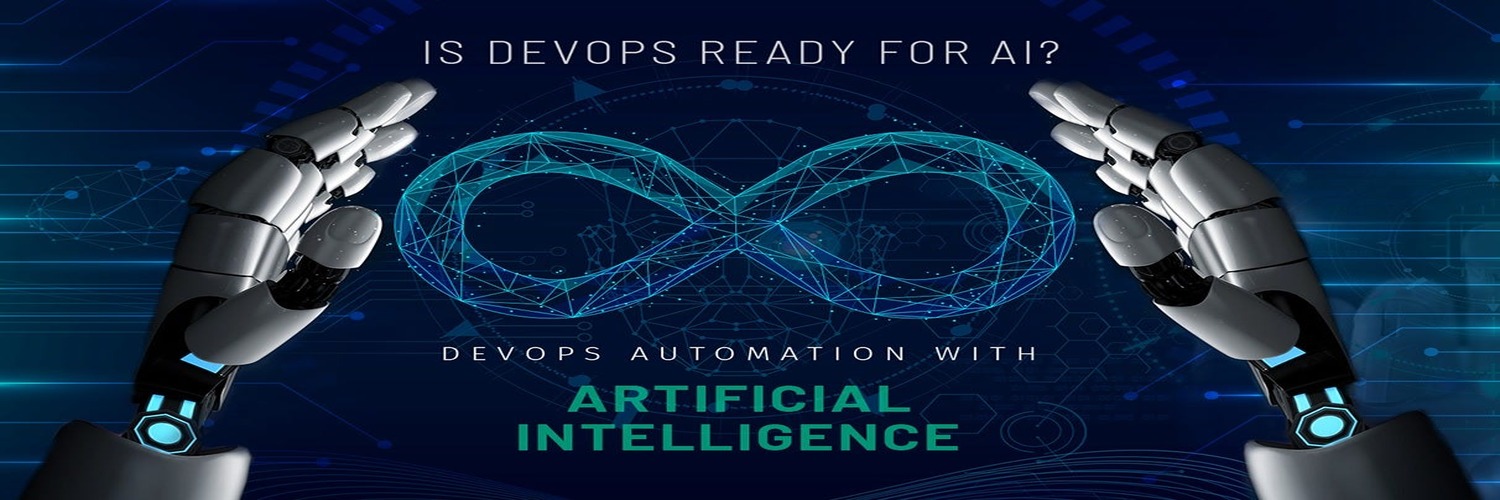AIOps or artificial intelligence for IT operations, is a revolutionary method in the field of information technology that combines machine learning (ML) and artificial intelligence (AI) to improve and automate a number of IT operations processes. By analyzing vast amounts of data generated by complex IT systems, AIOps aims to streamline workflows, predict potential issues, and improve the overall performance and efficiency of enterprise IT environments. Adopting AIOps might give a software development company a competitive edge in handling challenging projects and providing clients with excellent solutions.
What is AIOps?
The term “AIOps” was first coined by Gartner, defining it as the combination of big data and machine learning to automate IT operations processes, including event correlation, anomaly detection and causality determination. AIOps technologies automatically detect and address problems in real time by ingesting and analyzing data from a variety of IT operations tools and devices. This continuous visibility allows for proactive management of IT environments, leading to ongoing improvements and optimized resource utilization.
AIOps can be an essential tool for a software development organization in controlling development pipelines, guaranteeing system reliability, and cutting down on end-user downtime.
AIOps vs. DevOps
While both AIOps and DevOps focuses to improve IT operations, they focus on different areas. In order to achieve faster and more reliable product delivery, DevOps has a strong emphasis on improving software development services through cooperation between the development and operations teams. In contrast AIOps focuses on managing the IT stack more efficiently by leveraging AI and ML to automate and enhance IT operations.
Combining AIOps and DevOps techniques guarantees a software development company’s quick delivery of high-caliber products while lowering operational risks.
Integrating AIOps into DevOps
The integration of AIOps into DevOps practices, often referred to as AI-Powered DevOps, offers several benefits:
- Enhanced Speed and Collaboration: Site Reliability Engineers (SREs) and developers may accelerate operations with AIOps, which improves teamwork and saves businesses money, time, and resources. This translates into more satisfied clients and faster project turnarounds for a software development company.
- Streamlined Transition from Development to Production: With AIOps’ assistance, DevOps teams can migrate from development to production with ease. This is because AIOps responds immediately to changes in the production environment. This can be used by software development organizations to ensure continuous deployment and delivery.
- Anomaly Detection and Issue Prediction: Machine learning in AIOps helps detect anomalies, predict performance issues and diagnose root causes, guiding DevOps teams on where to focus their efforts for workflow improvements. This is especially helpful for software development firms that want to create sturdy and durable software.
- Improved Decision-Making: AIOps provides actionable insights, enabling DevOps teams to make informed decisions that enhance workflow efficiency and overall system performance. These insights can empower a software development company to better allocate resources and plan projects effectively.
Challenges in Integrating AIOps with DevOps
Despite its benefits, integrating AIOps into DevOps presents certain challenges:
- Cultural Resistance: Employees may perceive AIOps as a threat, fearing it could lead to job displacement. It is imperative to address these issues through open communication and training, especially in software development firms where it is critical to retain expertise.
- Skill Gaps: Successful automation requires a proper understanding of AIOps. Organizations need employees who are well-versed in AIOps operations in order to manage and use its solutions effectively. To overcome this challenge, software development companies must invest in staff upskilling.
- Tool Integration: Integrating AIOps with existing tools and processes can be complex. Providers must understand the real challenges customers face and build solutions that work seamlessly within the client’s environment. AIOps solutions that complement their project management tools and workflows must be carefully chosen by software development companies.
Future Outlook
As AIOps evolves, its integration with DevOps is expected to deepen, leading to more autonomous and intelligent IT operations. The capabilities of AIOps will be further improved by the ongoing development of AI and ML technologies, allowing businesses to better manage the growing complexity and scale of contemporary IT environments.
For a software development company, embracing AI-powered DevOps is not just about improving internal operations—it’s about staying ahead in a competitive industry. By implementing these technologies, businesses can manage complex infrastructures, provide clients with more creative solutions and guarantee that their products continue to be dependable and effective.
In conclusion, AI-Powered DevOps, through the integration of AIOps, offers a promising pathway to more efficient, reliable and intelligent IT operations. Organizations, particularly software development companies, can better position themselves to meet the needs of the quickly changing technological landscape by embracing this integration.


